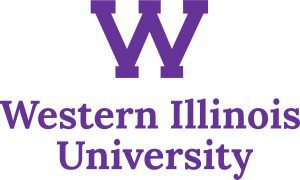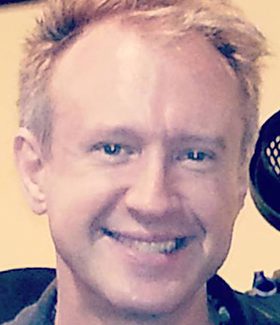Western Illinois University Professor Uncovers Ancient Human Knowledge Gene, Linked to Art and Music
Western Illinois University Associate Professor of Anthropology and Chemistry Andrea Alveshere will join two research partners to present their findings at the American Association of Biological Anthropologists (AABA) conference in Denver, CO this week. An online conference will be held the following week.
Their research presents new revelations about the genes and knowledge systems of our earliest human ancestors and has relevance – not only as a fascinating discovery about ancient humans – but also to timely questions about effective strategies and priorities in our modern educational systems.
“Are music and the arts key to smarter, more efficient human minds? Our research finds supporting evidence in traditional indigenous knowledge systems and in some of our earliest, uniquely-human genes,” Alveshere says.

“Art, Orality, and Migration: The Roles of NF1, Mnemonics, and Somatic Adaptation in the Hominin Biocultural Toolkit,” was research Alveshere conducted with Lynne Kelly, of La Trobe University in Melbourne, Australia, and Vincent M. Riccardi, of The Neurofibromatosis Institute in LaCrescenta, CA.
The research has unveiled a new relationship between fundamental human genetics and traditional indigenous knowledge systems. The research Alveshere has conducted involves the unique, human variant of the NF1 gene which, the study suggests, gives humans our unique potential for art, music and spatial awareness. The human NF1 gene allele is found in Neanderthals, Denisovans and all modern humans, dating back at least 300,000 years.
“Along with the FOXP2 language gene, Andrea and NF1 authority Vincent Riccardi have shown that these mutations are what gave us music and art and so much more,” said Kelly. “I joined their team when they included my ideas on primary orality to show how perfectly it all meshes together.”
The American Association for Biological Anthropology Conference is the first time the results of this study will be made public.
To see a video of the research presentation, visit bit.ly/3L2g3ID.









